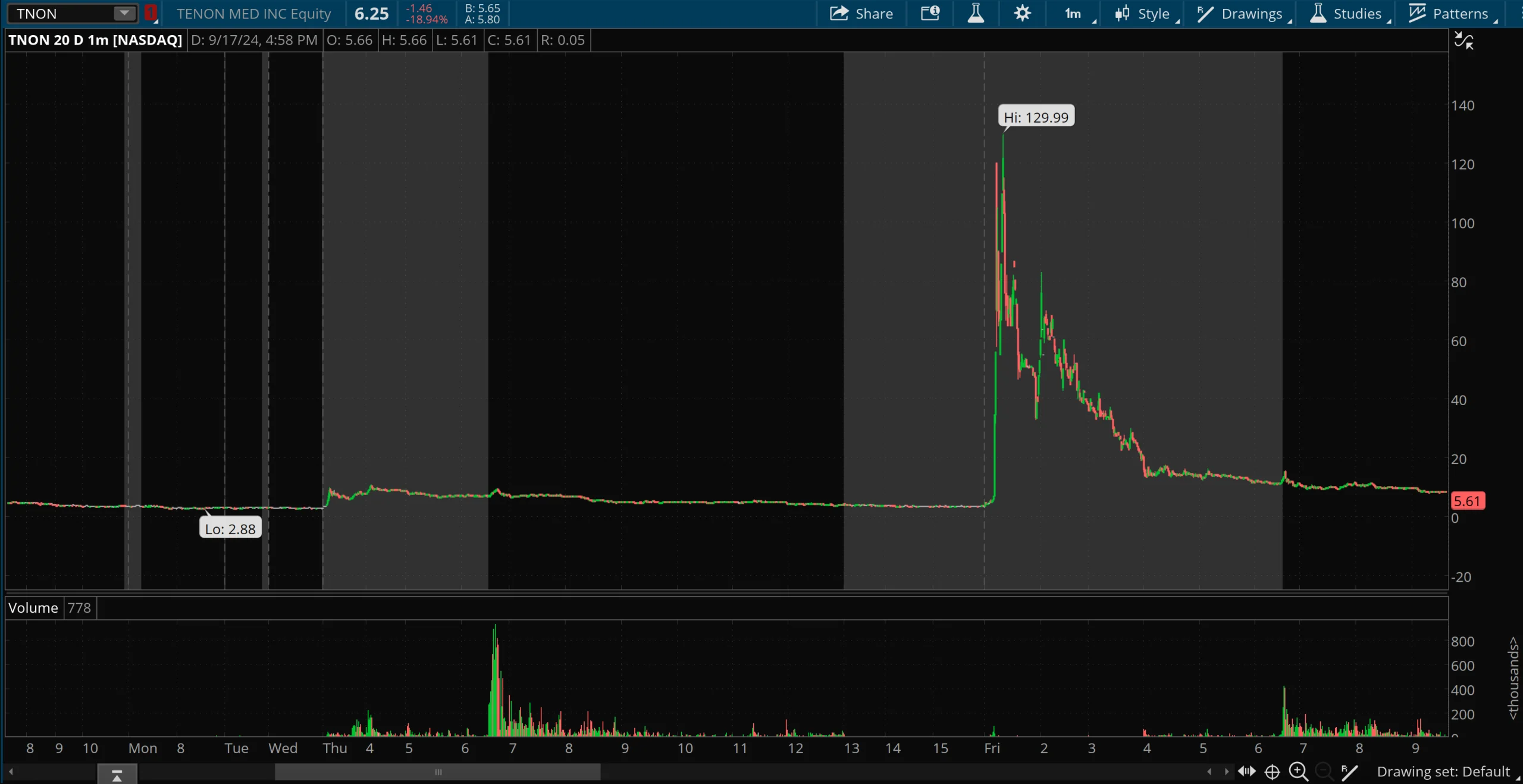 Holding stocks overnight can be risky, and it’s something every trader should approach with caution. Whether you’re going long or short, the decision to keep a position open after the market closes carries its own unique set of risks and rewards. The stock market is constantly moving, even when the markets themselves are closed. That means news events, earnings reports, or global economic shifts can dramatically affect the value of a stock by the time trading resumes the next day. This is why it’s essential to weigh these risks carefully before deciding to hold any stock overnight.
Holding stocks overnight can be risky, and it’s something every trader should approach with caution. Whether you’re going long or short, the decision to keep a position open after the market closes carries its own unique set of risks and rewards. The stock market is constantly moving, even when the markets themselves are closed. That means news events, earnings reports, or global economic shifts can dramatically affect the value of a stock by the time trading resumes the next day. This is why it’s essential to weigh these risks carefully before deciding to hold any stock overnight.
One of the biggest factors that can impact your position overnight is news. After the markets close, there’s often a flood of announcements—everything from earnings reports to geopolitical events. Stocks can gap up or down, meaning the price at the next market open could be significantly different from the price at the previous day’s close. If you’re holding a long position, negative news could lead to a steep decline, potentially causing you to lose a significant portion of your investment. On the flip side, positive news could send the stock soaring, but relying on that outcome can be dangerous.
Traders who hold short positions overnight face their own set of challenges. When you short a stock, you’re betting that its price will go down. However, if good news about that company or sector breaks overnight, the stock could open much higher than expected, leaving you with big losses. If a stock gaps up significantly, you may even have trouble closing your position at a reasonable price, which can lead to a painful margin call or a costly loss.
A recent example involves the stock ticker \$TNON. The day before, the stock hit a high of around \$5.38 but failed to break through multi-day resistance, which likely boosted short sellers’ confidence. After testing and failing to clear key resistance levels two or three times throughout the morning (including pre-market), many shorts may have thought it was an easy shorting opportunity and decided to hold their positions, expecting the stock to decline. However, had they held those short positions overnight, they would have been greeted with a nightmare— a pre-market spike of over 1,000%. Here’s a snapshot of what happened:

This type of loss, could have been devastating and may have been for the unlucky few that shorted with big size and were not around to cover early.
Volatility is another reason to be cautious about holding stocks overnight. Some stocks, especially those with smaller floats or those in speculative industries, are more prone to large swings in price. This can be amplified overnight, when lower trading volumes and reactionary buying or selling drive the stock’s price unpredictably. If you’re not prepared for this kind of volatility, your position could swing wildly in either direction, and you won’t have the opportunity to act until the market reopens.
Another key factor to consider is liquidity. While some stocks have heavy trading volumes during the day, they can become less liquid after hours or in premarket trading. This can result in wider bid-ask spreads, making it more difficult to execute trades at a desirable price. If you’re trying to exit a position due to overnight news, poor liquidity can mean you either have to wait or accept a less-than-ideal price to complete your trade.
For traders with tight risk management strategies, holding a stock overnight can also disrupt those plans. You may have stop-loss orders in place during regular trading hours, but overnight gaps can leave those orders useless. The stock may open significantly above or below your intended stop-loss point, potentially causing you to suffer larger losses than anticipated. Without the ability to react in real-time, you lose control over managing risk effectively.
So, what should you do? While it’s not always possible to avoid holding stocks overnight, there are steps you can take to minimize the risks. First, be aware of any upcoming news events, earnings reports, or key dates that could impact your stocks. Secondly, focus on stocks with higher liquidity and lower volatility if you plan on holding overnight, as these are less likely to experience sharp price changes. Finally, make sure your overall risk exposure is manageable—never hold more overnight than you’re willing to lose.
In the end, holding stocks overnight can be part of a solid trading strategy, but it requires caution and careful consideration. The overnight market is unpredictable, and the more prepared you are, the better chance you have of weathering unexpected movements.









You must be logged in to post a comment.